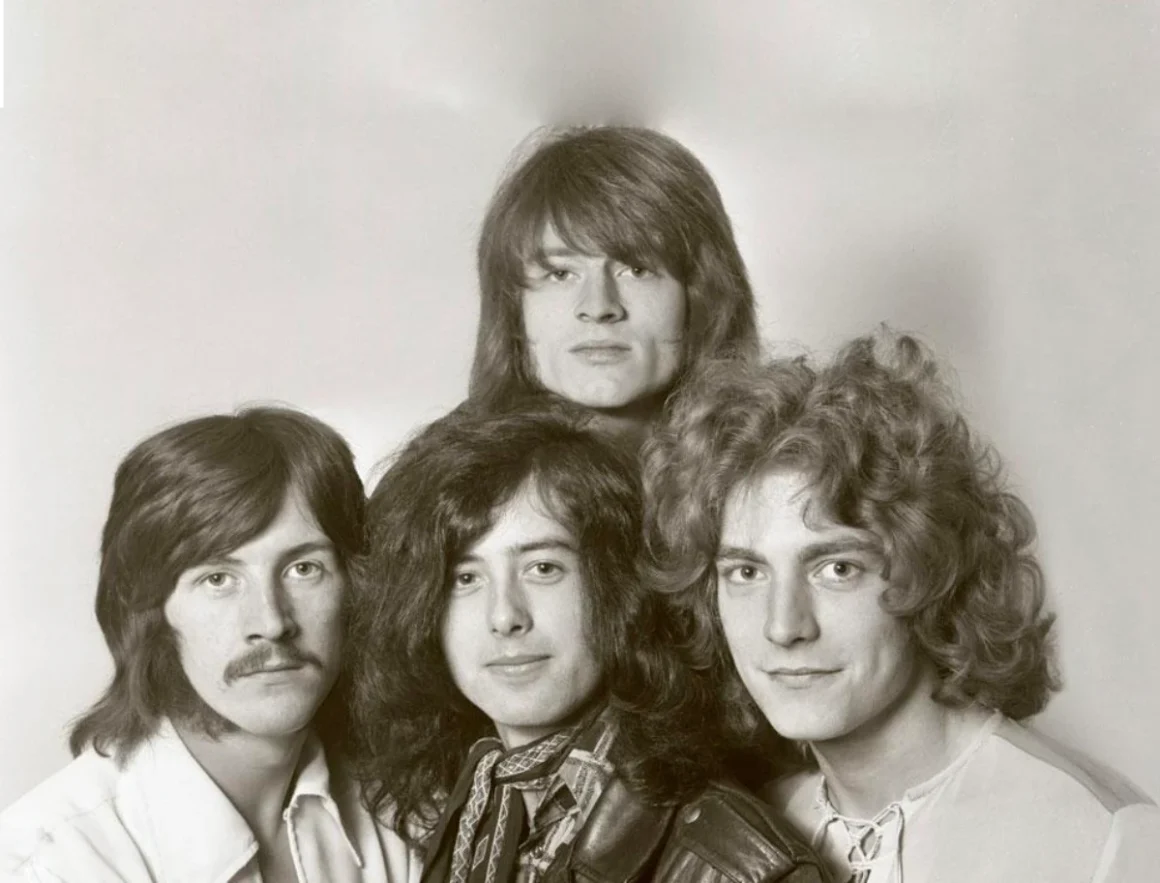No rock band can avoid disagreements. Even though they seem like a united force on stage, there are always moments behind the scenes where tensions rise, especially when someone turns their instrument up louder than the rest.
Led Zeppelin was no exception, and by the late 1970s, the cracks began to show. Robert Plant admitted that In Through the Out Door was the moment the band started to fracture.
After the monumental success of Physical Graffiti, where could Zeppelin go? That double album set a high standard for their sound, particularly with tracks like ‘Kashmir’ diving into epic territory.
While Presence followed with some solid tracks, it struggled to escape the shadow of its predecessor.
Plus, with Plant sidelined during much of the recording process due to injuries from a car accident, songs like ‘Achilles Last Stand’ still hit hard, but ‘Candy Store Rock’ didn’t exactly break new ground.
Perhaps the band wasn’t aiming to push boundaries this time. After years of grandiose rock and roll, In Through the Out Door may have been their way of relaxing between major projects.
There’s great music on the album, like ‘All My Love,’ but one point of tension was John Paul Jones’ new obsession: a synthesizer called The Dream Machine.
The synthesizer was becoming a major force in modern music, but it caused some friction in Zeppelin.
With the band experimenting with their sound, some fans missed Jimmy Page’s signature guitar licks, especially on tracks like ‘Fool in the Rain.’
John Paul Jones recalled the growing division within the band during this period, saying, “Robert and I were getting a bit closer—and probably splitting from the other two, in a way.
We were always to be found over a pint somewhere, thinking, ‘What are we doing?’ And that went into In Through the Out Door. Basically, we wrote the album, just the two of us.”
Looking back, the album feels like a turning point. Though Page’s guitars are less prominent, tracks like ‘All My Love’ were destined to become anthems, especially if the band had the chance to perform them live before John Bonham’s tragic passing.
Ultimately, In Through the Out Door feels like a transitional record, with Zeppelin on the cusp of a new sound that they never fully realized.
The division within the band may have robbed them of a fitting farewell, leaving fans with a final album that never truly felt like the swan song it could have been.







